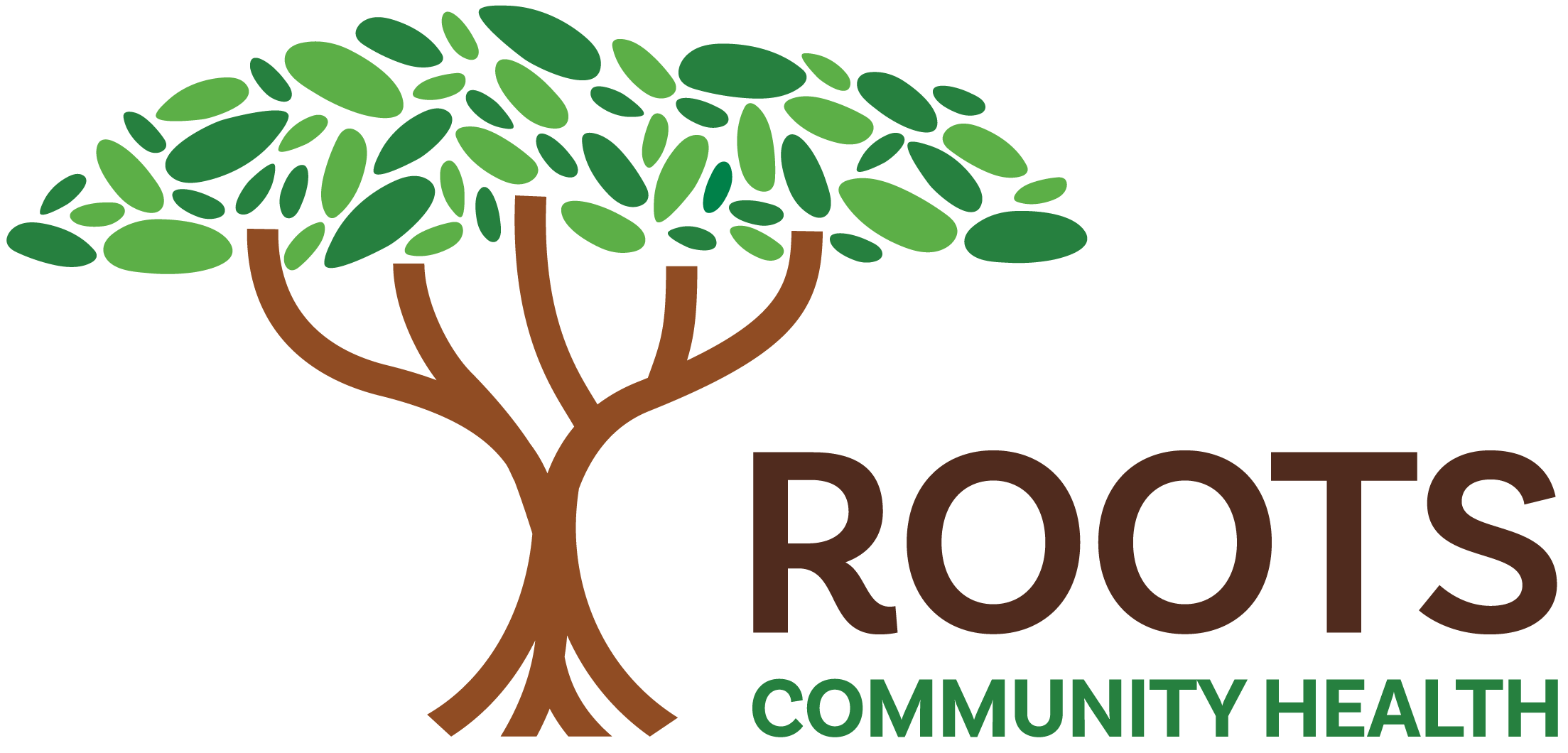Culturally Competent Medical Care: Because We’re All Unique
Originally Posted on April 30, 2013 by aquil naji
culturally competent medical care
It is critically important that healthcare providers understand patients’ backgrounds and what health practices they are accustomed to. Culturally competent medical care means treating with understanding, knowledge and humility.
How long did it take for researchers to understand that the differences between the female and male genders had to be taken into consideration when doing their testing for various treatments and medicines? When treating patients of different cultures, it is necessary to learn about their diet, customs and what natural home treatments they may have been using. Most importantly, patients must feel comfortable enough to communicate honestly and openly with their provider.
The Agency for Healthcare Research states:
Health care providers take many approaches to bridge barriers to communication that stem from racial, ethnic, cultural, and linguistic differences. “Cultural competence” encompasses both interpersonal and organizational interventions and strategies for overcoming those
The language difficulties are enough of a barrier. The cultural differences go far beyond this. It has to be understood that individuals from certain cultures will have a very stoic response in a clinical setting. It is not natural for them to be open about what is bothering them. This is more common with patients from an Asian country. To show pain or admit to discomfort is a sign of weakness and/or pride. Patients with a Latin background are often more open about their condition.
Incorrect diagnoses or treatment instructions that arise because of cultural barriers can turn misunderstandings into serious mistakes.
Contact us if you have questions or wish to learn more about the many differences that exist between us all.
AQUIL NAJI COO
